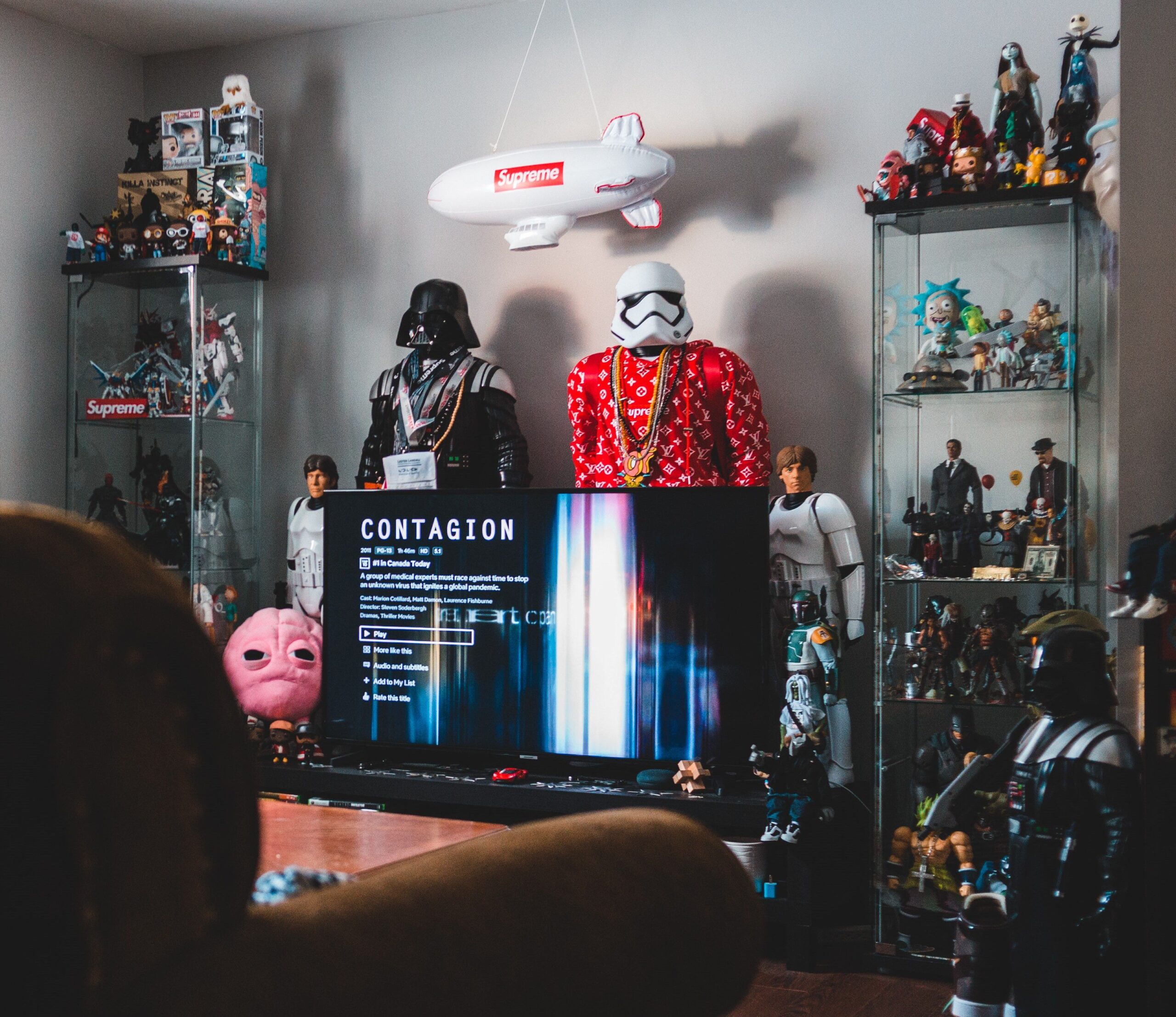In part 1 of this topic, we introduced the subject of GENs (geeks, eggheads, and nerds) and how their social awkwardness and interests outside of popular culture can make working with them a challenge in depositions or in trial where risks should be minimized. We also touched on the changes taking place in STEM associated litigation and the importance of GEN testimony in civil litigation. In part 2 of our 3 part series, we discuss the challenges faced by GENs in testifying.
GEN Testimony During Depositions
Depositions serve as the foundation of most legal cases. Within these cases, GENs – either as expert or fact witnesses – often prove to be a primary pillar for the case. Much depends upon their success within depositions, but more often than not, GENs succumb to communication and psychological vulnerabilities because they misunderstood the strategic nature of depositions. Almost always, because GENs have misunderstood their role, they believe their job is to “win” the case. Having never entered a deposition before, GENs rely on their high level of intelligence and prior success in intellectual jousts to debate and argue with attorneys. Opposing counsel may play toward their rational perspective. Emotionally, GENs may harbor resentment toward “outsiders” or individuals who lack an understanding of the GEN’s technical world. This resentment may manifest itself through arrogance or fear. Whether emotional or rational, the reason behind a GEN’s failure during a deposition is less important than training a GEN how to successfully survive a deposition. Proper training addresses both rational and emotional concerns and demystifies the deposition process. A well-trained GEN also proves an important strategic investment because he or she can avoid damaging deposition testimony during discovery, reducing the opposition’s leverage and/or potential for damages.
Challenges Faced by GENs
“Know your audience” may be the maxim of persuasion, but as social and cultural outsiders, GENs have difficulty understanding and connecting to the audiences before them, whether in a deposition or at trial. In addition to social and cultural deficiencies, success financially, academically, and/or commercially coupled with high levels of intelligence, fragile emotional frameworks, technical language patterns, and poor social and communication skills may all contribute to make a volatile, unpredictable, and occasionally off-putting GEN witness if not properly trained. GENs tend to require more comprehensive training than other witnesses due to their personal idiosyncrasies and their important roles within cases.
Communication Hurdles
- Non-verbals: Nervousness and uncertainty are common traits for GENs during depositions and at trial, but this hesitancy can cause costly errors during depositions and will undermine their credibility with jurors.
- Listening: Most GENs have thrived in environments surrounded by quick minded peers where slow deliberate thinking goes unrewarded. This quick minded environment breeds “anticipatory cognition” in which a GEN anticipates the direction and intent of a comment in order to offer a quicker response. Teaching GENs “forced cognition” by requiring them to listen to a question, repeat it mentally, evaluate whether it is a question of fact or of judgment, develop an honest response, and then finally answer the question often feels foreign to a GEN but with practice will become commonplace and minimize missteps.
- Technical Jargon: GENs find “translating” technical language to be a challenge because they take for granted jurors’ or attorneys’ knowledge of basic terms or may even use jargon to hide behind by offering technically unapproachable answers.
- Foreign Born: GENs raised abroad do not regularly harbor some of the same communication and psychological challenges of American GENs; however, they pose a different type of challenge due to the alien environment of the American legal system, cultural communication patterns, and speech pattern idiosyncrasies.
- Expert Witness: Jurors hold expert GENs to a higher level than fact GENs, and these experts must be both willing and capable to teach jurors persuasively about the technology or issue under scrutiny and be willing to answer some questions strategically when faced by the opposition.
Psychological Hurdles
- Intelligence: High levels of intelligence may be both a blessing and a curse for GENs, a blessing because GENs may learn quickly some of the training techniques provided to them, and a curse because they may believe they can outfox the opposing attorney.
- Awareness: Most GENs lack an awareness of others which may result in poor social filters or awkward behavior that jurors find distasteful.
- Anxiety/Fear: This can be debilitating to a socially awkward GEN. While many people fear speaking in public, deposition or trial testimony only magnifies underlying anxieties or fears. Minimizing the role of a witness, encouraging them to trust their attorney, teaching them techniques to survive cross-exam, having them practice direct and cross questions in front of live mock jurors, and teaching them techniques to calm themselves can all diminish the anxiety and fear felt by a GEN witness during depositions or at trial.
- Confidence: Over-confidence can cripple GEN witnesses, and all too often we encounter GENs trying to prove or offer information in an area in which they are not wholly familiar. Often times the process of extrapolation – pulling information from one area to presume knowledge about another area – creates challenging problems for a GEN. Encouraging a GEN to focus on his or her area of expertise only and become comfortable with saying “I don’t know” is essential to limiting his or her testimony.

Be confident in achieving superior litigation outcomes. CSI has the expertise, track record, and capabilities to help you win.



